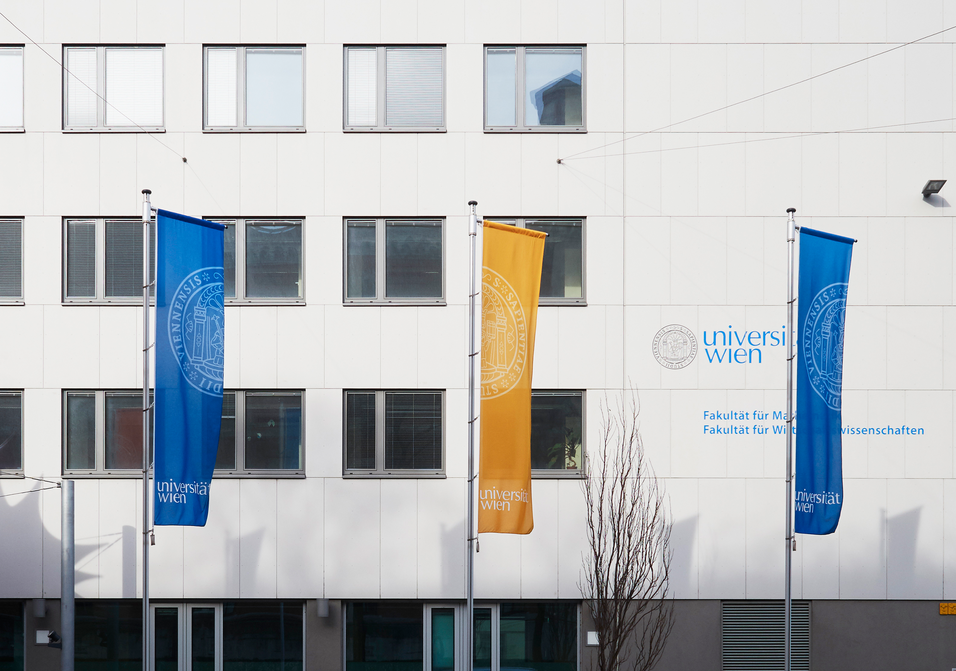The OMDS/VGSE Vienna Joint Economics seminar is held weekly on Thursdays during the term.
VJE-Seminars scheduled in April:
- Speaker: Isis Durrmeyer (Toulouse)
- Title: The Welfare Consequences of Urban Traffic Regulations
- Time: Thursday, April 11, 1:15 – 2:45 pm
- Location: Lecture Hall 12, OMP-1
- Abstract: We develop a structural model to represent individual transportation decisions, the equilibrium road traffic levels, and speeds inside a city. The model is micro-founded and incorporates a high level of heterogeneity: individuals differ in access to transportation modes, values of travel time, and schedule constraints; road congestion technologies vary within the city. We apply our model to the Paris metropolitan area and estimate the model parameters from publicly available data. We predict the road traffic equilibria under driving restrictions and road tolls and measure the policy consequences on the different welfare components: individual surplus, tax revenues, and cost of emissions.
- Speaker: Almut Balleer (RWI Essen)
- Title: Wage Bargaining and Labor Market Policy with Biased Expectations
- Time: Thursday, April 18, 1:15 – 2:45 pm
- Location: Lecture Hall 12, OMP-1
- Abstract: Recent research documents mounting evidence for sizable and persistent biases in individual labor market expectations. This paper incorporates subjective expectations into a general equilibrium labor market model and analytically studies the implications of biased expectations for wage bargaining, vacancy creation, worker flows and labor market policies. Importantly, we find that the specific assumption about the frequency of wage bargaining crucially shapes the propagation mechanism through which expectation biases affect bargained wages and equilibrium outcomes. Moreover, we show that the presence of biased beliefs can qualitatively alter the equilibrium effects of labor market policies. Lastly, when allowing for biased firms’ beliefs, we establish that only the difference between firms’ and workers’ biases matters for the bargained wage but not the size of biases.
- Speaker: Enrico Cantoni (U Bologna)
- Title: The Effect of Childhood Environment on Political Behavior: Evidence from Young U.S. Movers, 1992-2021 (joint with Jacob R. Brown, Sahil Chinoy, Martin Koenen, and Vincent Pons)
- Time: Thursday, April 25, 1:15 – 2:45 pm
- Location: Lecture Hall 12, OMP-1
- Abstract: We ask how childhood environment shapes political behavior. We measure young voters’ participation and party affiliation in nationally comprehensive voter files and reconstruct their childhood location histories based on their parents’ addresses. We compare outcomes of individuals who moved between the same origin and destination counties but at different ages. Those who spend more time in the destination are more influenced by it: Growing up in a county where their peers are 10 percentage points more likely to become Republicans makes them 4.7 percentage points more likely to become Republican themselves upon entering the electorate. The effects are of similar magnitude for Democratic partisanship and turnout. These exposure effects are primarily driven by teenage years, and they persist but decay after the first election. They reflect both state-level factors and factors varying at a smaller scale such as peer effects.

